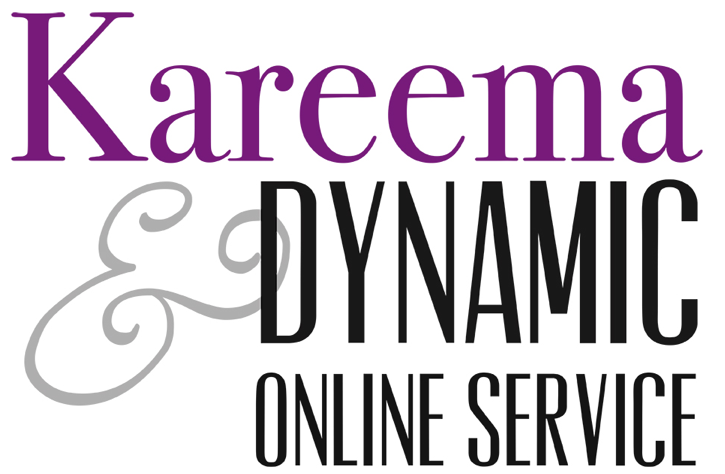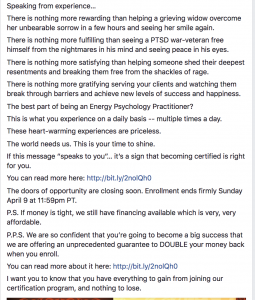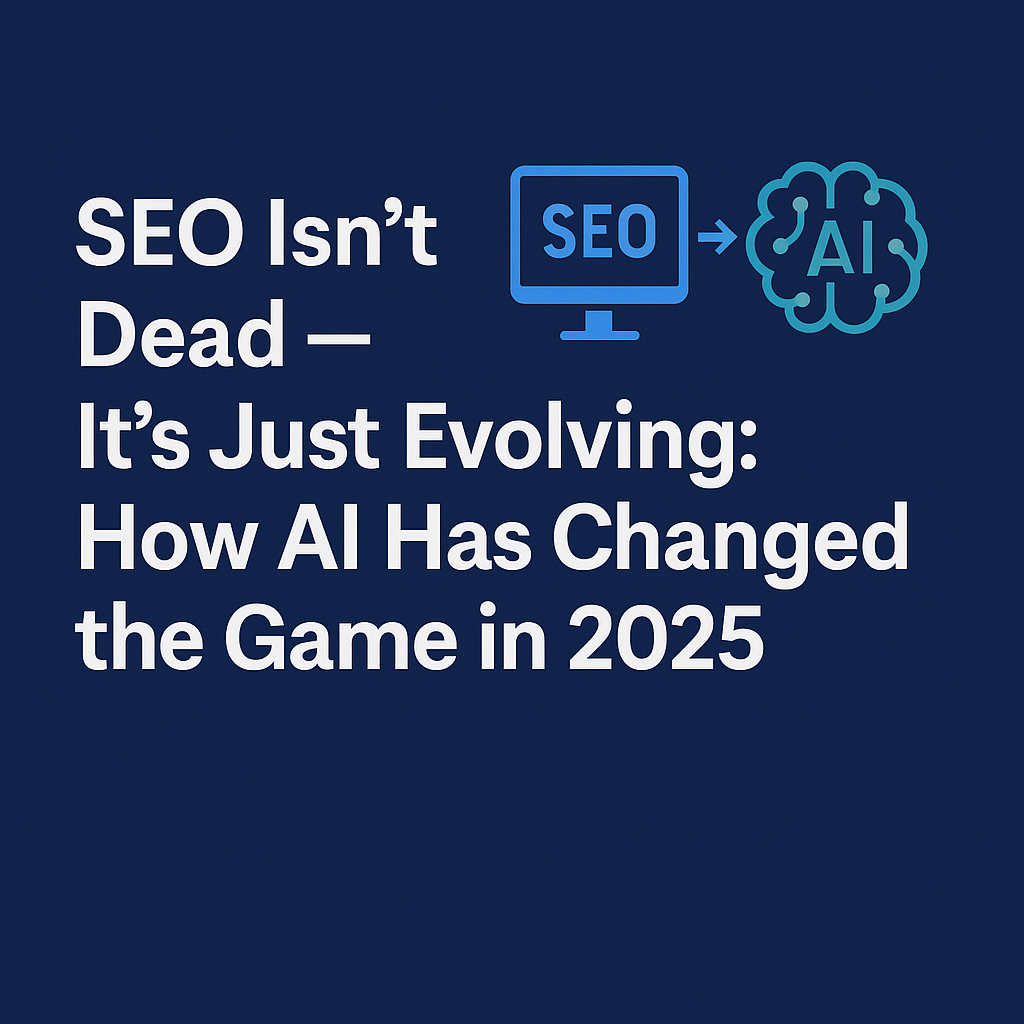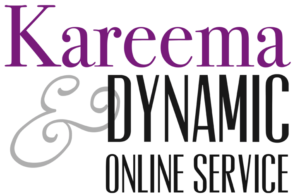Books! Remember them?
Have you ever read a book that was impossible to put down?
What was it about the story that made it compelling? You just need to read one more page and another and another.
How does this relate to the production of online copy for posts, ads, websites or blogs?
The rules for writing copy that will compel a reader to keep reading are as important in online copy as they are in a book. In fact I could suggest they are more important. Online, especially social media feeds, you have only seconds to engage your reader and your content is buried amongst millions of words, images and videos. All of which are attempting to engage the same reader at the same time. It is a wonder anyone succeeds.
The skills that editors use to craft readable, compelling copy for books include:
- Making sure the story flows
- The use of short or longer sentences to match the feeling the copy needs to invoke e.g sadness, time passing, anger
- Accurate spelling, punctuation and grammar
- Limited use of filler words e.g just, like
- Removing use of words or segments meaning the same thing
- Ensuring the story moves forward by removing unnecessary sections or repetition
- Effective use of paragraphs and chapters (too long or too short)
- Use of words to set mood and energy of the piece

I write thousands of words a week. However I am constantly editing as I write and every time I go back and look at a piece I can find a way to improve it. Mostly this is in regards to sentence structure, use of filler words, punctuation and grammar. Luckily spell checkers fix most of my spelling mistakes. In this world of social media we often get into the habit of not reading what we are writing. It is so easy to hit send or enter without checking what has been written. Frequently you see posts that make no sense or have been incorrectly comprehended by readers. If it is a social media post that is not really an issue as the ability to edit exists. However if it is copy for a Facebook or Adwords ad then it will affect how successful that ad will be and what cost will be incurred in the testing and refining process.
How does this relate to online copywriting?
Every skill practised by an editor, with possibly the exception of the use of chapters, applies to writing online copy. Although sections or pages in a article of website may be considered online chapters.
Long form online copy must tell a story. One that is compelling and keeps a reader engaged until the end. This is much harder than offline. You have only a few seconds to hook the reader. This is after you have forced them to STOP as they scroll through a newsfeed of endless offerings. The copy must have the right energy or feel to appeal to the target client. It must move forward fast unlike in a book where you can afford to slow down the story to evoke an emotional response.
Spelling, punctuation and grammar must be accurate. Businesses loses credibility if basic rules of English are not followed. Don’t even start me on the shortening of words e.g cause for because, del for delete, u for you (there are hundreds of examples). Filler and identical words slow down the story and confuse comprehension and must be edited. This is even more so online. Even engaged readers still expect you to get to the point fast.
Paragraphs are essential. Long blocks of text with no spaces will often not be read or the first couple of sentences only will be read before the reader’s brain puts the action in the too hard basket. Facebook is annoying for the use of the enter to post rather than line break but train yourself to use it.
It is good practise to place the call to action a few times during long form copy. As shown here in a post from the page EFT Tapping.
Use short or long form copy to suit your target market. Many online articles discuss which works better in which market. Split test short and long versions to see which is producing the best results.
Copy needs to set the mood of your post or ad. Who is your target market and how do they think? Middle aged ladies who are browsing for craft materials will respond differently than millennials looking for the latest music release. The tone of your words, length of sentences, language used and story line must match what your readers are expecting. Just as the creative you use sets the scene so will your words.
Compelling online copy – that readers will read and then engage with, needs to be written to editorial rules that have been tested and proven over hundreds of years.
"Edit your copy. If you can't remove 1/3 of the words then it probably still requires more editing."
Benefits not Features
This is the one very important way in which online copy and offline advertising copy differs to books. Potential clients are interested in what your product or service offers them. Not what you offer or how good your business is or how many weeks your program goes for or what is in each week. They will look for this information later but initially you need to show them how you can fix their need or problem. It is that simple. Hook them in by speaking about them not you in the opening statements. If you find yourself saying things like:
- Our product does….
- We offer….
Stop and rewrite these features into benefits to your client. Read more about this on an earlier blog I wrote for Virtual Assistants a couple of years ago.
How effective is the online copy you are writing?
Book a complimentary 30 minute chat and I will analysis your copy and advise on ways it can be improved.





